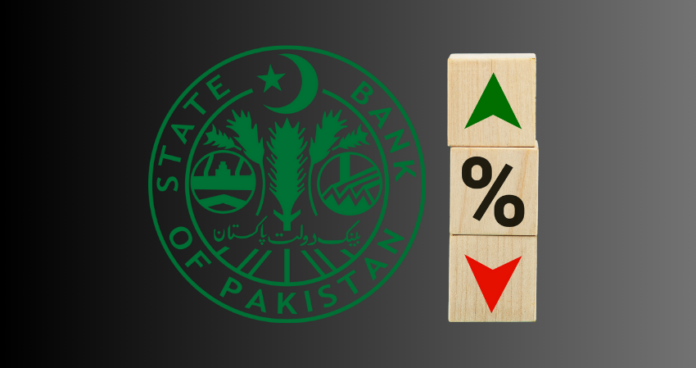Business leaders have called on the government and the State Bank of Pakistan (SBP) to reduce the policy interest rate by 5 percentage points to a single-digit level of 8%, arguing that declining inflation necessitates cheaper borrowing to stimulate economic growth. Industry representatives warned that the current 13% rate is unsustainable for businesses grappling with high production costs and global competition.
Ahmed Azeem Alvi, President of the Site Association of Industry (SAI), highlighted the need for immediate action, urging the SBP to lower the policy rate to support industrial growth.
He said affordable loans are essential for enabling local industries to compete in international markets and addressing challenges such as high operational costs and lack of competitiveness. Alvi suggested that the SBP convene its monetary policy committee every 15 days to evaluate inflation trends and revise the interest rate accordingly.
Pakistan Business Council (PBC) Chief Executive Ehsan Malik suggested a 100bps cut in the upcoming monetary policy meeting and maintaining a 12% policy rate thereafter. H argued that premature growth measures could jeopardize the hard-earned economic stability, emphasizing the need to focus on low-import sectors like agriculture and information technology to spur sustainable growth.
Highlighting regional competitiveness, Karachi Chamber of Commerce and Industry (KCCI) President Mohammad Jawed Bilwani called for aligning Pakistan’s interest rate with regional benchmarks, pointing out that China’s one-year loan prime rate stands at 3.1% and India’s benchmark rate is 6.6%.
“The money should circulate in the market instead of staying in banks. Economic activity and job creation depend on this circulation,” he said.
Sheikh Umer Rehan, Chairman of the Pakistan Vanaspati Manufacturers Association, also supported the demand for a single-digit rate, stating that the current borrowing costs are the highest in the region. He argued that reduced rates would encourage new investments, create jobs, and foster economic stability.
The Pakistan Chemicals and Dyes Merchants Association (PCDMA) Chairman Salim Valimuhammad echoed similar sentiments, urging the central bank to reduce the interest rate to a single-digit level to reinvigorate business activities and stabilize the economy. He warned that without such measures, government efforts to promote industrial growth would be futile.
Despite the industry’s calls for an aggressive reduction, concerns remain about inflationary pressures and external account stability. Malik said that rising imports, particularly of oil, and the rupee’s potential devaluation could offset the benefits of reduced rates. However, the overarching consensus among business leaders is that a single-digit interest rate is vital for revitalizing Pakistan’s economy and ensuring the industrial sector’s survival.




